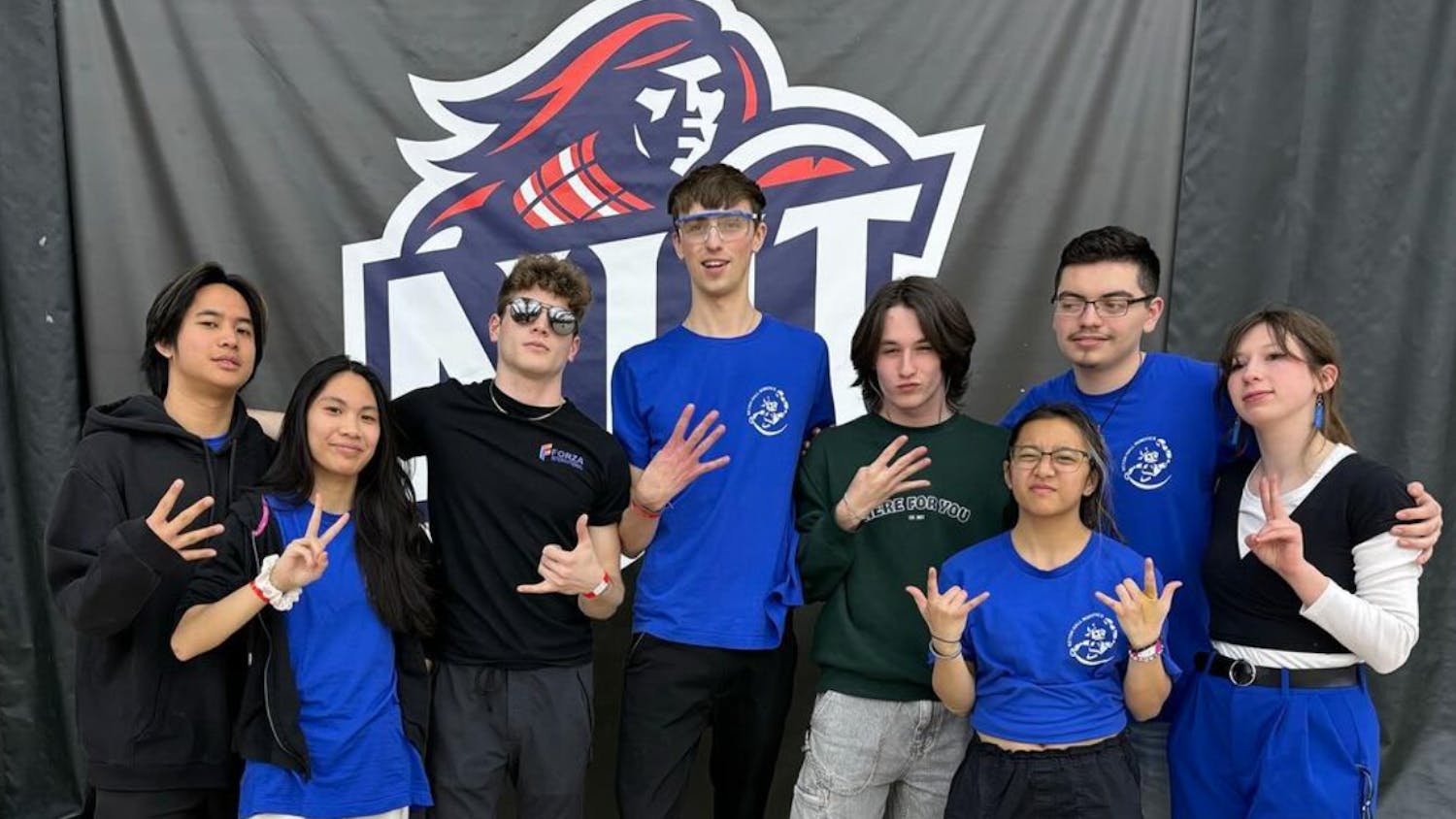Cradled in her father's arms, newborn Priscilla Garces was not yet able to understand the impact of what was said by the medical staff of the small Ecuadorian clinic in which she was born. Garces entered the world prematurely, leading way to several medical complications.
Just when doctors were ready to diagnose her with heart problems, her health started to improve, and she was able to return home.
Three months later, Garces developed internal bleeding of the brain, which doctors said could lead to mental problems. Miraculously, Garces' brain absorbed the blood and her brain returned back to its fully functional state.
However, due to medical negligence or mistake, Garces was left entirely blind from the life saving procedures doctors had performed numerous times. She was given too much oxygen at once, which led to complete loss of her sight.
Priscilla Garces, now 23 years old, just picked up her cap and gown for graduation this May, and will be graduating from Seton Hall after a five year stay with a degree in diplomacy and international relations, with a minor in both Spanish and Latin American studies.
Throughout her life Garces has come to know the true meaning of discouragement, she said. Even amidst the obstacles she has faced, Garces has accomplished much in the past few years, when seemingly no one thought she could.
"Life wasn't easy," Garces said. I faced a lot of discrimination and discouragement by people, a lot of adults."
In eighth grade one of her teachers told her she would not make it through high school. When graduating high school, Garces said her counselor told her she would never make it at Seton Hall and should consider community college instead. It seemed as if many of her elders had little faith in her future academic career.
One of her teachers once remarked, "I don't think you are going to be ready to enter the real world, forget about college, and go home," Garces said.
Despite the discrimination, Garces managed to acquire different opportunities in internships pertaining to her fields of study.
She held her first internship as a bilingual interpreter at the municipal court in Elizabeth.
"It was one of the scariest things ever," Garces said.
She was taken through holding cells and served as an interpreter for prisoners who had bigger issues than being in jail, such as mental illnesses.
Other internships Garces held were for both U.S. Sen. Menendez and U.S. Sen. Lautenberg. She held the responsibilities of general office duties, assisted constituents in filling out forms, and wrote news briefs on current events that senators could attend.
After graduation, Garces hopes to work and live in New York City, possibly for a government organization, and if she had a choice, a nonprofit focusing on immigration and women.
"Priscilla is very knowledgeable when it comes to political issues, she has been a part of Model UN and has had work experience in the political field," her friend, senior James Harris said. "I definitely see her working in the area of politics … she would fit in well working for a politician or even doing work with the UN."
Many students, who have seen Garces around campus, may not fully understand the struggles through which she has been.
Garces has defied discouragement and discrimination and still feels as if "being blind is hard… but you just have to work harder."
Nicole Bitette can be reached at nicole.bitette@student.shu.edu.





